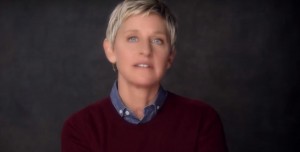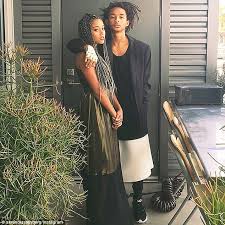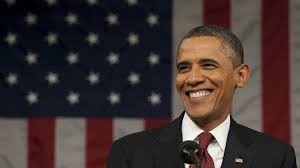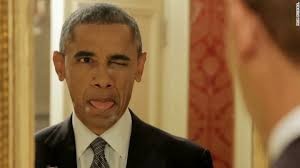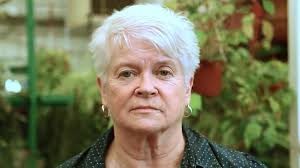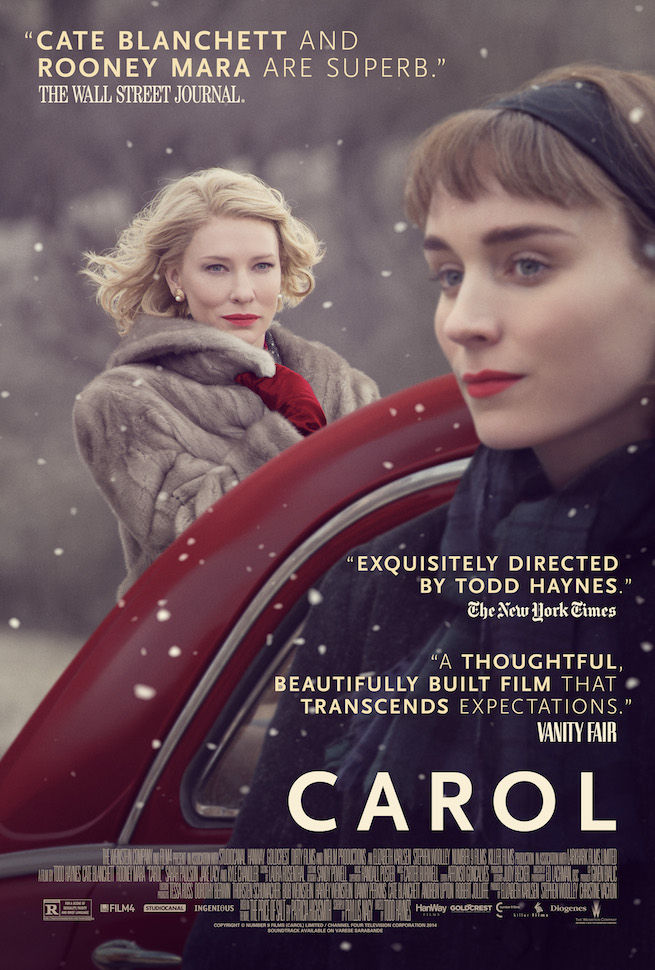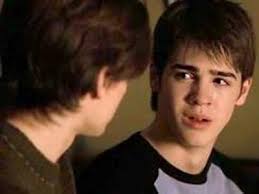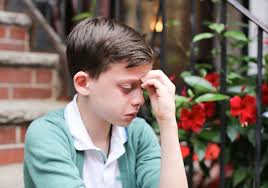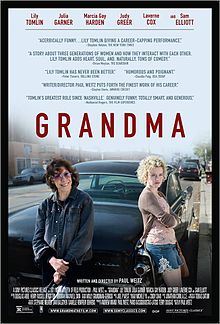Her Story is a new media series that looks inside the dating lives of trans & queer women as they navigate the intersections of desire & identity.
Good! a Complete serie about the difficulties en obstacles the trans- and queer women can encounter!! Her storie is a new-media series that really sounds interesting!
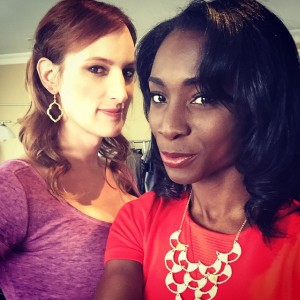
Her Story is about two trans women in Los Angeles who have given up on love, when suddenly chance encounters give them hope. Violet is drawn to Allie, a reporter who approaches her for an interview, while career-driven Paige meets James, the first man she’s considered opening up to in years. Will they risk letting what they are stand in the way of being loved for who they are?
Trans women in the media have long been punchlines, killers, indications of urban grit, pathetic tragedies, and dangerous sirens. Rarely have they been complex characters who laugh, struggle, and grow, who share strength in sisterhood, who seek and find love. Her Story depicts the unique, complicated, and very human women we see in queer communities, and explores how these women navigate the intersections of label identity and love.
Co-written by Jen Richards and Laura Zak, directed by Sydney Freehand (Drunktown’s Finest), with cinematography by Bérénice Eveno, and produced by Katherine Fisher/Speed of Joy Productions, Her Story features predominantly LGBTQ women, on and off-screen. With this project we have the opportunity to positively shift cultural perceptions of trans and queer women. We invite you to join us in helping to make visible the lives of women who too often are made invisible.
I want to see this, sounds very nice and has a new approach!
Series Launching January 19th
For more go here

